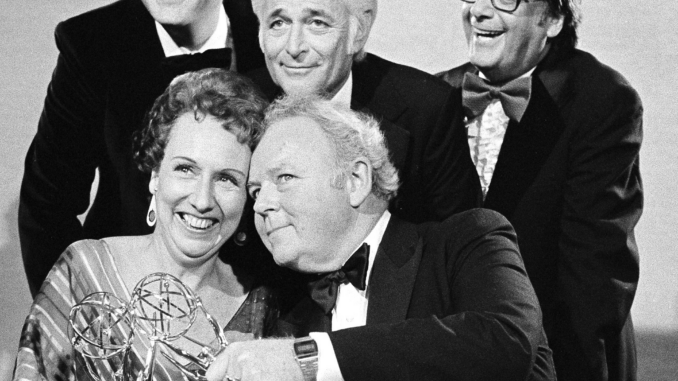
Norman Lear, a name synonymous with groundbreaking television, has left an indelible mark on the entertainment industry. His innovative approach to storytelling not only entertained audiences but also challenged societal norms and sparked crucial conversations. As we remember this legendary figure, let’s dive into some of his most iconic shows and explore how they reshaped the television landscape.
The Early Years of Norman Lear
A Brief Biography
Born on July 27, 1922, in New Haven, Connecticut, Norman Lear grew up in a world filled with cultural upheaval. His experiences during World War II shaped his worldview and influenced his later work in television. After the war, he ventured into the entertainment industry, initially writing for radio before transitioning to television.
The Rise to Prominence
Lear’s big break came in the 1970s when he began creating shows that would redefine sitcoms. His unique ability to blend humor with social commentary set him apart from other creators of the time.
All in the Family: The Game Changer
A Bold Concept
Premiering in 1971, All in the Family tackled issues like racism, gender roles, and class struggles through the lens of the Bunker family. With the iconic character Archie Bunker, played by Carroll O’Connor, the show became a cultural phenomenon.
Cultural Impact
The show’s candid discussions about controversial topics broke television taboos, allowing audiences to confront uncomfortable truths. It paved the way for future sitcoms to address real-world issues without fear.
The Jeffersons: Moving On Up
A Spin-Off Success
Following the success of All in the Family, Lear created The Jeffersons in 1975. This spin-off focused on George and Weezy Jefferson, an African American couple who achieved upward mobility and moved to a luxurious apartment in Manhattan.
Addressing Race and Class
The Jeffersons continued Lear’s tradition of exploring social issues, specifically race and class dynamics. The show became known for its humor and heart, winning numerous awards and further solidifying Lear’s reputation as a pioneer in television.
Maude: A Feminist Icon
Breaking Gender Barriers
Maude, which aired from 1972 to 1978, starred Bea Arthur as the titular character, a strong-willed feminist. The show tackled issues such as abortion, women’s rights, and politics, pushing boundaries in ways that few shows dared to at the time.
Cultural Relevance
Lear’s ability to create a complex female lead resonated with viewers and contributed to the feminist movement in media. Maude’s character challenged stereotypes and encouraged discussions about women’s roles in society.
Other Notable Shows by Norman Lear
Good Times: A Family’s Struggles
Premiering in 1974, Good Times focused on an African American family living in Chicago’s housing projects. The show highlighted the struggles of poverty while celebrating resilience and love within the family unit.
One Day at a Time: A Modern Family
Another significant creation, One Day at a Time, debuted in 1975 and followed a single mother raising her daughters. The show addressed various social issues, including divorce and feminism, showcasing the challenges of modern family life.
Norman Lear’s Influence on Future Generations
Inspiring New Creators
Lear’s impact extends beyond his own shows. Many contemporary writers and producers cite him as a significant influence on their work. His ability to blend humor with societal issues continues to inspire a new generation of storytellers.
Legacy of Social Commentary
The storytelling techniques Lear employed have become a blueprint for modern television. His shows encouraged creators to tackle difficult subjects, proving that comedy could be a powerful tool for social change.
Honoring Norman Lear’s Legacy
Awards and Recognition
Throughout his career, Lear has received numerous accolades, including Emmy Awards and a Peabody Award. His contributions to television were officially recognized with the 2017 Kennedy Center Honors.
A Lasting Impact on Culture
Norman Lear’s legacy is not only in the shows he created but also in the conversations they sparked. His work challenged audiences to think critically about society and their roles within it.
Conclusion
Remembering Norman Lear means celebrating a visionary who transformed television into a platform for meaningful dialogue. His groundbreaking shows not only entertained but also educated viewers on pressing social issues. As we reflect on his incredible contributions, we recognize the profound impact he has had on the industry and society as a whole. Lear’s legacy will continue to inspire future generations of storytellers to push boundaries and explore the complexities of the human experience.
